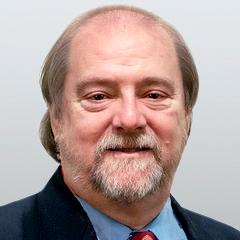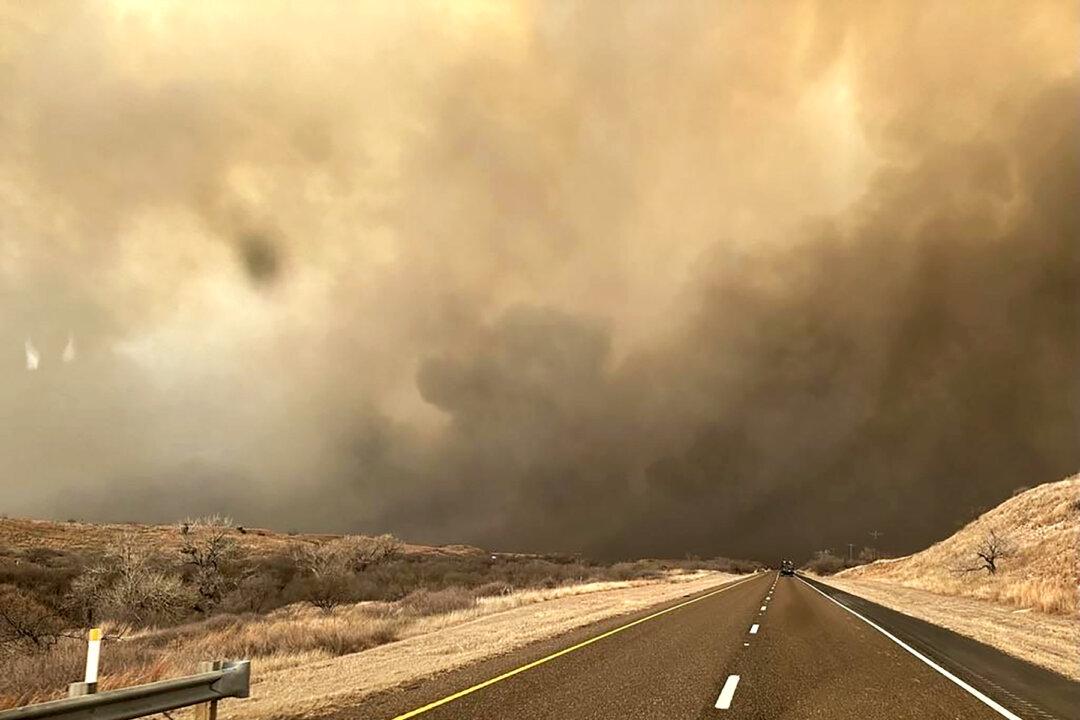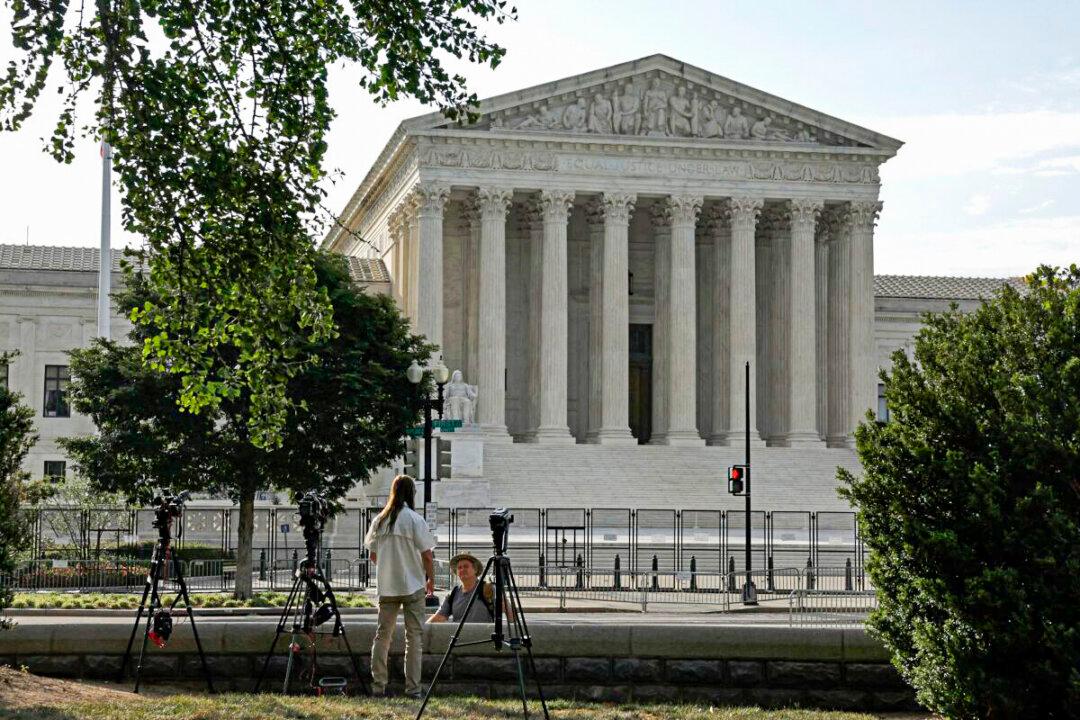The left-wing media’s rumor mill has been rumbling in recent weeks like an upset stomach in need of an antacid at the thought that President Donald Trump will soon form a Presidential Commission on Climate Security (PCCS) to objectively examine the science behind the oft-repeated claim that humans are causing dangerous climate change.
A PCCS is long overdue, and award-winning physicist William Happer, the administration’s senior director of the National Security Council office for emerging technologies, is the perfect person to run it.





